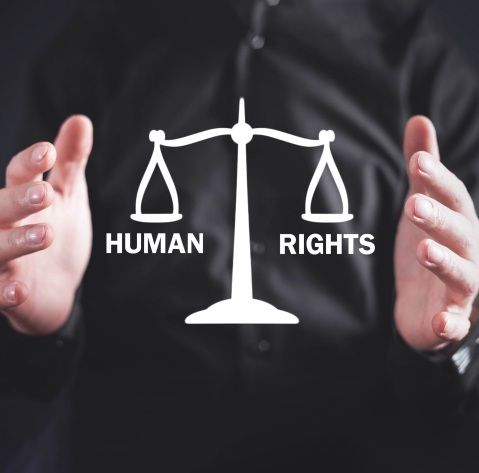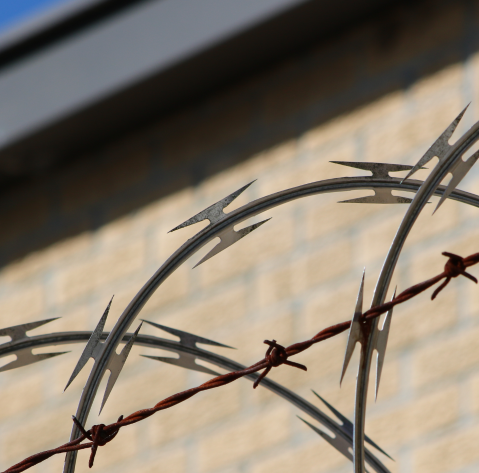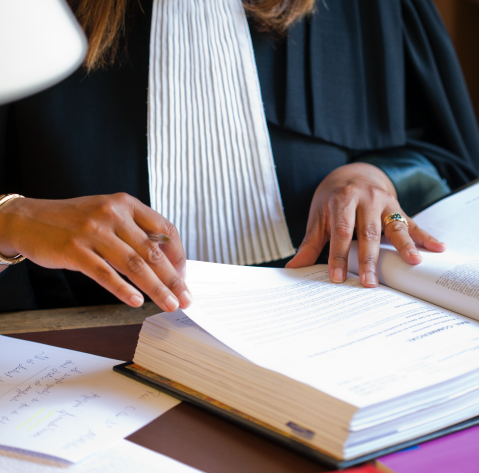
Almost every day, lawyers are killed, reported missing, tortured, arrested, threatened and followed, because of the work they do.
China, Iran, Honduras, the Philippines, Colombia, Mexico, Pakistan and Turkey are currently amongst the most dangerous countries for lawyers. Lawyers most at risk are those who defend cases deemed most “sensitive” in a particular country by powerful interest groups. “Sensitive” cases vary between countries but there are certain trends. For example, lawyers of journalists and bloggers, human rights activists, political opponents, trade unionists and victims of torture by State authorities, as well as cases involving the seizure of property. NGOs and international organisations have come to the conclusion that the global health crisis has brought about an increase in breaches of rights and freedoms all over the world. Acts of violence are on the rise and being a lawyer has never been so perilous.
Along with journalists, lawyers are deemed to have the most dangerous jobs. And yet, lawyers do not necessarily view themselves as human rights activists. They consider themselves primarily as legal professionals and therefore do not systematically look to schemes for defenders of human rights.


There are many national and international legal instruments that reiterate the essential role played by lawyers, namely through the right to a fair trial. The Universal Declaration of Human Rights, adopted in 1948, is a key one.
However, it was only after the Basic Principles on the role of lawyerswere adopted during the eighth UN Congress on the Prevention of Crime and Treatment of Offenders, that took place in Havana from 27 August to 7 September 1990, that lawyers were deemed “essential agents of the administration of justice”. These principles aim to guide Member States to enable lawyers to fulfil their duties independently. They remain the only international instrument that truly protects the founding principles of the profession- first, independence, confidentiality, freedom of expression and the vital distinction between the lawyer and their client or case. Unfortunately, they still, at times, fail to protect a significant number of lawyers throughout the world.
There is, however, a specific procedure in the United Nations to protect lawyers- the Special Rapporteur on the Independence of Judges and Lawyers.
The Council of Europe also strives to harmonise regulations in relation to lawyers, which play a key role in guaranteeing the right to a fair trial. It developed Recommendation R (2000) 21 on the freedom of exercise of the profession of lawyer, which sets out general principles regarding the legal training of lawyers and their entry into the profession, the code of conduct, the role and duties of lawyers, disciplinary procedures and the right of access to a lawyer.
In this regard, the Council of Europe is also working on drafting a convention on the profession of lawyer. The purpose of the Convention is to strengthen the rule of law and, in so doing, protect lawyers whose work is fundamental to the administration of justice and the protection of fundamental rights. Harassment, threats, imprisonment, surveillance, enforced disappearances and murders of lawyers continue to occur in many Council of Europe States, and are even on the rise in some of them. A new instrument is now needed to protect the profession of the lawyer, who plays an essential role in allowing access to justice and protecting human rights and fundamental freedoms, in particular the rights of the defence and the guarantees of a fair trial. A resolution and recommendation were recently adopted by the Parliamentary Assembly of the Council of Europe (APCE) calling for a legally binding instrument to be adopted.
Finally, the first source of protection for lawyers is the option to seek the support of an independent bar association. An independent bar association is key to protecting the rule of law and human rights. It is important to identify lawyers under threat throughout the world, keep a record of them and carefully monitor how their situation and the dangers they face evolve, in order to draw appropriate international attention to the issue. In a concerted effort to respond to this need, the Paris Bar (France) along with the Conseil national des barreaux (France), Consejo General de la Abogacía Espanola (Spain), and Consiglio Nazionale Forense (Italy), decided to set up the International Observatory for Lawyers in Danger to continuously monitor the situation of lawyers in danger around the world simply because of the work they do.
